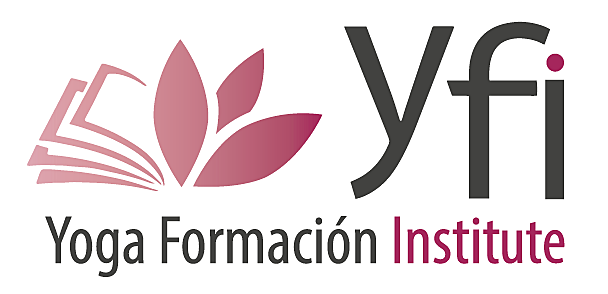Forgiveness
Forgiveness is an important process for re-establishing psychological health when you have been unjustly hurt. Two path breaking psychologists Robert Enright and Gayle Reed have developed from their research a process model that describes a 20 step sequence which can be considered in four phases of forgiveness. But first it is important to understand what forgiveness is not.
What Forgiveness is not
- It is not forgetting or denial.
- It is not ignoring the effects of the wrongdoing.
- It is not condoning the injury.
- It is not excusing the person because...
- But, it is also not condemning
- It is not forgiving with a sense of moral superiority.
- It is not seeking compensation or any kind of quid pro quo.

An Important Distinction
Forgiveness is your moral response to another's injustice to you. Reconciliation is a proces tah involves two parties coming together in mutual respect. These are clearly distinct processes.
Phase 1 - Uncovering
This occurs when you (the injured person) become aware that an unjust injury has created a deep emotional pain. Usually anger and even hatred are typical responses. When you becomes fully conscious of such emotions and you understood the injury, you may experience emotional disturbances. You now consider how much energy you can put into processing this pain so that you are still able to function. Healing can begin to occur as your anger and negative emotions are exposed.
Phase 2 - The Decision
A realization starts to occur that to continue to focus on the injury and the one who hurt you may just bring unnecessary suffering. You may begin to understand that you must somehow change if you are to heal from this injury. You may now experience a change of heart. You may begin to consider forgiveness as a strategy. You may commit to forgive the one who has caused you the pain. You begin to take the first steps towards full forgiveness but the forgiveness is not yet complete. It is important at this stage that you do not consider revenge.
Phase 3 - The Work
Now you begin to work on forgiving the injurer. You may start to think in new ways about the injurer. You may try to understand the point of view of the person who injured you. You do this not to excuse the one who injured you but rather to understand him/her as a fellow human being. You may even begin to experience empathy and compassion toward the other. In this phase you may start to accept the pain. This must not mean that you deserve the pain, but instead you find a way to bear the unjust pain. As you bear the pain, you choose not to give it to others or the injurer. This is a challenging moment. You may soon be ready to offer mercy, generosity and goodwill toward the person who hurt you. This might become a reconciliation, or not. You will still be considering issues of trust and safety in your relationship with the injurer.
Phase 4 - The Outcome or the Deepening
In this phase you begin to realize that you are gaining emotional relief from your process of forgiving the person who did you injury. You may find meaning in the suffering that you have experienced. Your emotional relief and new found meaning may lead you to greater compassion for yourself and others. You may discover a new purpose in your life and take an active concern for your community. Thus, you may discover the paradox of forgiveness: as you give mercy, generosity, and moral love to others, you are healed.

